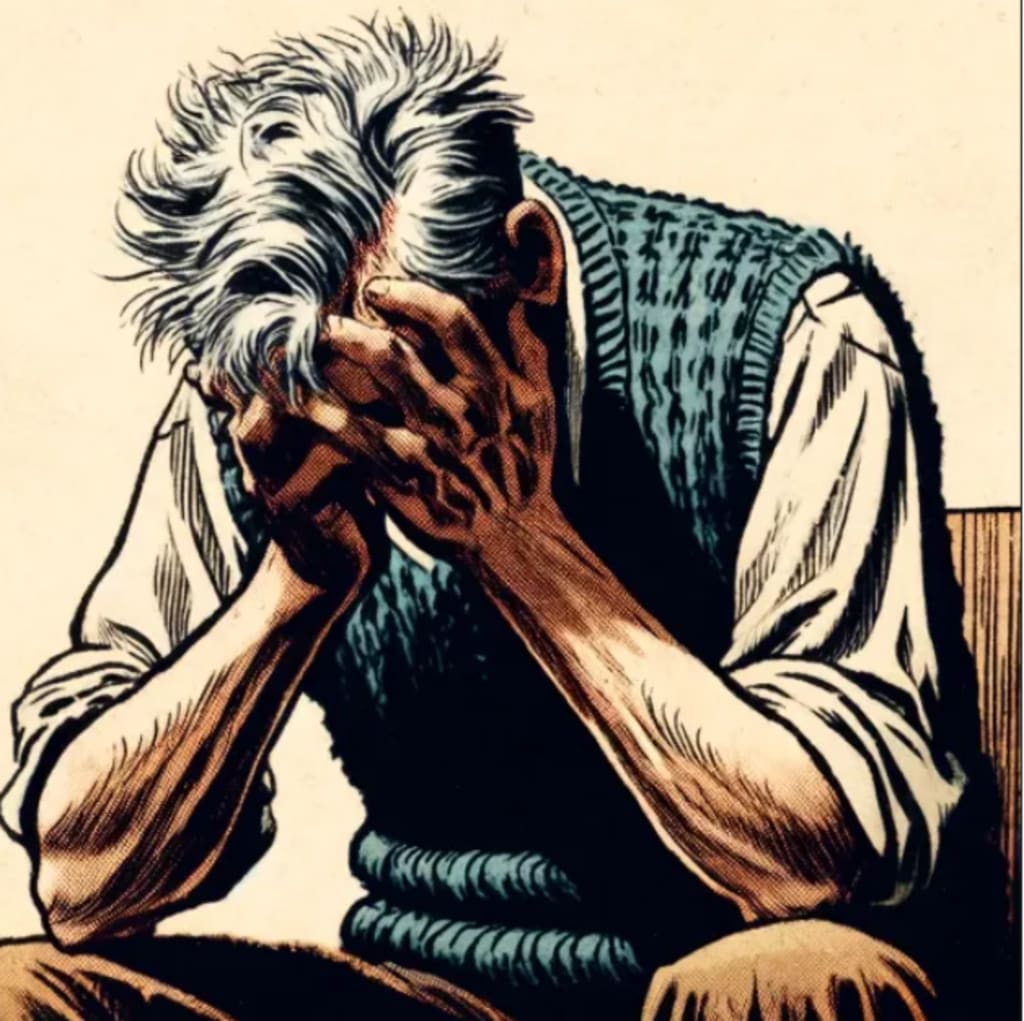Finding Balance in the Chaos of Bipolar Disorder

In the summer of 2013, I found myself standing on the edge of a brink, both literally and figuratively. Life post-bipolar breakdown had become a series of daunting challenges, and the contemplation of suicide was a shadow that loomed large over every moment. But let me take you back to where it all began.
Before the breakdown, I was living what many would consider a "normal" life. I had a job I liked, friends I hung out with, and hobbies that kept me busy. But beneath the surface, a storm was brewing. Bipolar disorder isn’t always the dramatic rollercoaster portrayed in movies; sometimes it’s a slow burn of turmoil that gradually takes over every aspect of your life.
The breakdown itself was like a dam bursting. It wasn't a single event, but a culmination of stress, unaddressed emotions, and the insidious creep of depression. One day, I just couldn’t get out of bed. The energy it took to even move a muscle felt insurmountable. And then, the thoughts started. Dark, intrusive thoughts that whispered in my ear that the world would be better off without me.
Now, if you’ve ever been in that place, you know how convincing those whispers can be. They don’t shout; they’re sly, insidious, making their argument seem almost logical. You start thinking, “Maybe this is the only way to stop the pain.” It’s terrifying how rational it can seem in those moments.
During this time, I withdrew from everyone. Friends’ calls went unanswered, family visits became infrequent, and my social media went dark. I was trapped in my own mind, a place that felt increasingly hostile. Sleep became my only escape, and even that was often elusive.
But here's the thing about rock bottom: it has a way of making you re-evaluate everything. As I lay there, contemplating the end, a small, defiant part of me screamed out, “No! This isn’t how your story ends!” It was faint, but it was enough to make me reach out for help. And reaching out, as it turns out, was the lifeline I desperately needed.
The first step was admitting to my therapist just how dark my thoughts had become. It was like opening a floodgate of emotions. She listened without judgment, and together, we mapped out a plan. Medication adjustments, therapy sessions, and a support system were put into place. It wasn’t an instant fix, but it was a start.
I began to understand that my journey post-breakdown wasn’t about suddenly being "fixed" but about learning how to navigate life with the tools I had. The most unexpected of these tools was humor.
I started finding humor in small things again, allowing myself to laugh at the absurdity of it all. I began practicing self-compassion, understanding that healing wasn’t linear and that setbacks were part of the journey.
My support system became my anchor. Friends who didn’t judge me for my silence but welcomed me back with open arms, family members who checked in regularly, and mental health professionals who provided the guidance I needed. Slowly, I started piecing my life back together.
One of the hardest parts was rebuilding my sense of self. Bipolar disorder had taken so much from me, and the breakdown had shattered any remnants of confidence. But I realized that I wasn’t defined by my mental illness. I was more than my darkest moments. I started setting small goals, celebrating tiny victories, and gradually, my self-worth began to rebuild.
Today, I’m in a much better place. I won’t say that everything is perfect—because it’s not. There are still tough days, but they’re manageable. I’ve learned to recognize the signs of an impending episode and take proactive steps to mitigate its impact.
Navigating life post-bipolar breakdown is a continuous journey. It’s about finding balance, seeking help when needed, and above all, holding onto hope. If you’re reading this and you’re in that dark place, please know that you’re not alone. Reach out, hold on, and remember that your story isn’t over. There’s always a way forward, even if you can’t see it right now.
Disclaimer: All content on this site is original and written by the author, with AI assistance solely for spelling and grammar checks.
About the Creator
Joshua Feinberg
I'm channeling my bipolar disorder to shine a big, fat spotlight on mental illness, all while lobbing in a hefty dose of self-improvement and comedy. Think of it as therapy with a laugh track.
Enjoyed the story? Support the Creator.
Subscribe for free to receive all their stories in your feed. You could also pledge your support or give them a one-off tip, letting them know you appreciate their work.






Comments
There are no comments for this story
Be the first to respond and start the conversation.